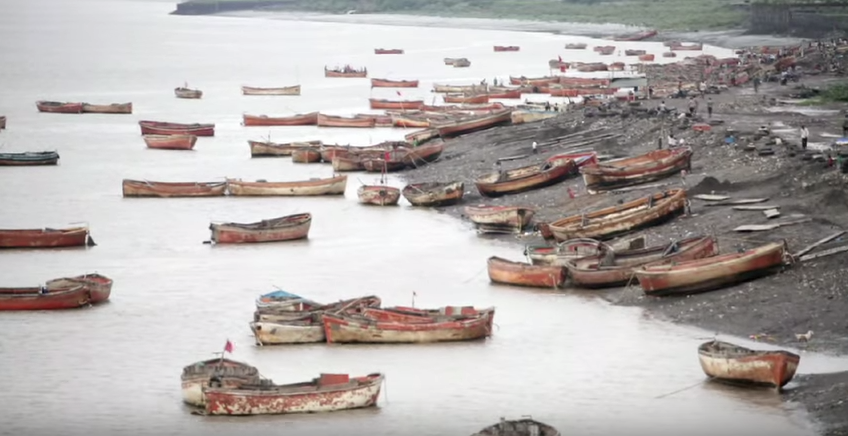
Photo: Surat-India
Surat appoints India’s first Chief Resilience Officer
13 August 2015
by Jonathan Andrews
Surat Municipal Corporation leaders have appointed Kamlesh Yagnik as Chief Resilience Officer (CRO), a new position created to lead city-wide resilience building efforts to help Surat prepare for, withstand, and bounce back from the ‘shocks’–catastrophic events like floods and storms–and ‘stresses’–such as slow-moving disasters like acute traffic, air pollution, water shortages and social cohesion.
Appointing a CRO is an essential element of Surat’s resilience building partnership with 100 Resilient Cities (100RC) initiative–part of a US$164 million commitment by The Rockefeller Foundation–to build urban resilience in 100 cities around the world. The network will fund the position and through its relationship with Surat will be positioned to share its progress with other Indian cities, especially as additional cities in India seek to apply to the network through the 100RC Challenge.
Yagnik’s appointment as CRO, the first in India, will support the city establish a results based resilience strategy, creating partnerships with the public and private sectors, and engaging the public to participate in building resilience in Surat. Yagnik will report directly to Surat senior leadership and, chiefly, will oversee the development and implementation of a comprehensive resilience strategy for the city.
“We are very pleased to have Kamlesh Yagnik as the CRO spearheading the resilience programme for Surat,” said Milin Torawane, Municipal Commissioner. “Mr Yagnik has sound experience with the different civic bodies, having worked on numerous developmental projects in the city. We look forward to his partnership in being able to put together a developmental roadmap for Surat in tandem with 100 Resilient Cities. Surat city has faced numerous challenges in the past, but has demonstrated its strength by bouncing back and becoming one of the fastest developing cities in the country. Access to the 100RC programme will further accelerate growth and help Surat transform into a well-planned, sustainable city.”
The new CRO will lead a six to nine month effort to develop a comprehensive resilience strategy and will receive personnel and technical support provided by 100RC and will utilise resilience building tools from private, public, academic, and NGO sector organisations that have partnered with 100RC.
“Our city has embarked on a journey to combat all shocks and stresses,” said Yagnik. “By accepting the bestowed responsibility to work as CRO, I stand committed to put in my best with the support and guidance of all concerned. It is indeed an honour to work on the 100RC project.”
Commenting on the appointment Michael Berkowitz, President of 100RC said: “Mr Yagnik joins a network of peers from cities across the globe that will share best practices and surface innovative thinking. Mr Yagnik and Surat city are poised to become global leaders in resilience, and be an example for cities throughout India and around the world.”
The CRO is an innovative feature of 100RC, specifically designed to breakdown existing barriers at the local level, account for pre-existing resilience plans, and create partnerships, alliances and financing mechanisms that will address the resilience vulnerabilities of all city residents, with a particular focus on low-income and vulnerable populations.













